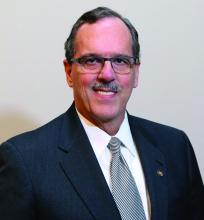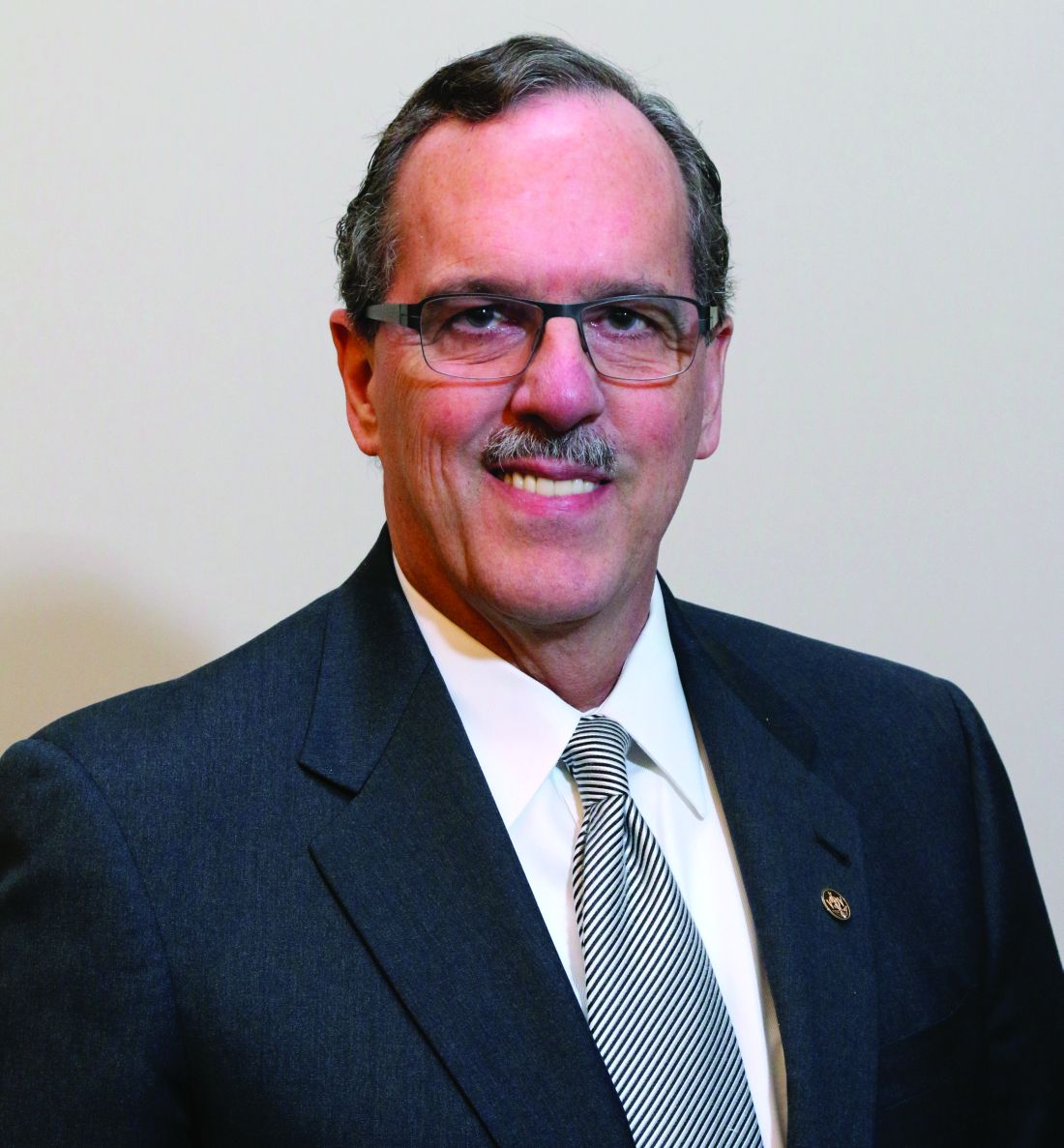User login
Julia Brennan sings about inner demons. They just won’t go away and they don’t play fair with angels. We have marveled at the miracles of fecal microbiome transplants (FMT), but this month we read about an inner demon. Two patients developed bacteremia from extended-spectrum beta-lactamase (ESBL)–producing Escherichia coli transmitted during FMT from stool derived from a single donor. One patient, with cirrhosis, who received FMT as part of a trial to treat hepatic encephalopathy, recovered. A second patient with myelodysplastic syndrome underwent allogeneic hematopoietic stem cell transplantation and received FMT as part of a phase 2 trial. This severely immunocompromised patient succumbed to sepsis related to the E. coli bacteremia. Both organisms were genetically traced to the donor stool. The AGA has NIH funding to develop and maintain an FMT registry (see https://www.gastrojournal.org/article/S0016-5085(17)30088-4/pdf) so we can understand long-term risks and benefits.
These rare experiences will lead to increased scrutiny and likely further FDA regulations. Gastroenterologists should be careful about choosing patients for FMT.
This month, we again feature an article about incorporating telehealth into your practice – this month’s article highlights the potential for private practices to incorporate this emerging technology. There are interesting articles about treatment of eosinophilic esophagitis, acute liver failure, and postcolonoscopy interval cancers. Finally, we are cautioned about the vulnerability of our biosimilar market. This market may wither despite the great potential to reduce therapeutic costs.
Last week, I taught an undergraduate course about health care economics. After recounting current challenges, one student said, “I am a first-year medical student, what should I do?” I was caught off guard. The future is too overwhelming. As we enter the 12-month countdown to a national election, I would suggest that we continue to advocate for our patients and educate our political leaders about verifiable root causes of our major problems. Despite current antipathy to science and data, we are scientists and eventually truth will prevail. “The arc of the moral universe is long, but it bends towards justice” (Dr. Martin Luther King, Jr.).
John I. Allen, MD, MBA, AGAF
Editor in Chief
Julia Brennan sings about inner demons. They just won’t go away and they don’t play fair with angels. We have marveled at the miracles of fecal microbiome transplants (FMT), but this month we read about an inner demon. Two patients developed bacteremia from extended-spectrum beta-lactamase (ESBL)–producing Escherichia coli transmitted during FMT from stool derived from a single donor. One patient, with cirrhosis, who received FMT as part of a trial to treat hepatic encephalopathy, recovered. A second patient with myelodysplastic syndrome underwent allogeneic hematopoietic stem cell transplantation and received FMT as part of a phase 2 trial. This severely immunocompromised patient succumbed to sepsis related to the E. coli bacteremia. Both organisms were genetically traced to the donor stool. The AGA has NIH funding to develop and maintain an FMT registry (see https://www.gastrojournal.org/article/S0016-5085(17)30088-4/pdf) so we can understand long-term risks and benefits.
These rare experiences will lead to increased scrutiny and likely further FDA regulations. Gastroenterologists should be careful about choosing patients for FMT.
This month, we again feature an article about incorporating telehealth into your practice – this month’s article highlights the potential for private practices to incorporate this emerging technology. There are interesting articles about treatment of eosinophilic esophagitis, acute liver failure, and postcolonoscopy interval cancers. Finally, we are cautioned about the vulnerability of our biosimilar market. This market may wither despite the great potential to reduce therapeutic costs.
Last week, I taught an undergraduate course about health care economics. After recounting current challenges, one student said, “I am a first-year medical student, what should I do?” I was caught off guard. The future is too overwhelming. As we enter the 12-month countdown to a national election, I would suggest that we continue to advocate for our patients and educate our political leaders about verifiable root causes of our major problems. Despite current antipathy to science and data, we are scientists and eventually truth will prevail. “The arc of the moral universe is long, but it bends towards justice” (Dr. Martin Luther King, Jr.).
John I. Allen, MD, MBA, AGAF
Editor in Chief
Julia Brennan sings about inner demons. They just won’t go away and they don’t play fair with angels. We have marveled at the miracles of fecal microbiome transplants (FMT), but this month we read about an inner demon. Two patients developed bacteremia from extended-spectrum beta-lactamase (ESBL)–producing Escherichia coli transmitted during FMT from stool derived from a single donor. One patient, with cirrhosis, who received FMT as part of a trial to treat hepatic encephalopathy, recovered. A second patient with myelodysplastic syndrome underwent allogeneic hematopoietic stem cell transplantation and received FMT as part of a phase 2 trial. This severely immunocompromised patient succumbed to sepsis related to the E. coli bacteremia. Both organisms were genetically traced to the donor stool. The AGA has NIH funding to develop and maintain an FMT registry (see https://www.gastrojournal.org/article/S0016-5085(17)30088-4/pdf) so we can understand long-term risks and benefits.
These rare experiences will lead to increased scrutiny and likely further FDA regulations. Gastroenterologists should be careful about choosing patients for FMT.
This month, we again feature an article about incorporating telehealth into your practice – this month’s article highlights the potential for private practices to incorporate this emerging technology. There are interesting articles about treatment of eosinophilic esophagitis, acute liver failure, and postcolonoscopy interval cancers. Finally, we are cautioned about the vulnerability of our biosimilar market. This market may wither despite the great potential to reduce therapeutic costs.
Last week, I taught an undergraduate course about health care economics. After recounting current challenges, one student said, “I am a first-year medical student, what should I do?” I was caught off guard. The future is too overwhelming. As we enter the 12-month countdown to a national election, I would suggest that we continue to advocate for our patients and educate our political leaders about verifiable root causes of our major problems. Despite current antipathy to science and data, we are scientists and eventually truth will prevail. “The arc of the moral universe is long, but it bends towards justice” (Dr. Martin Luther King, Jr.).
John I. Allen, MD, MBA, AGAF
Editor in Chief

